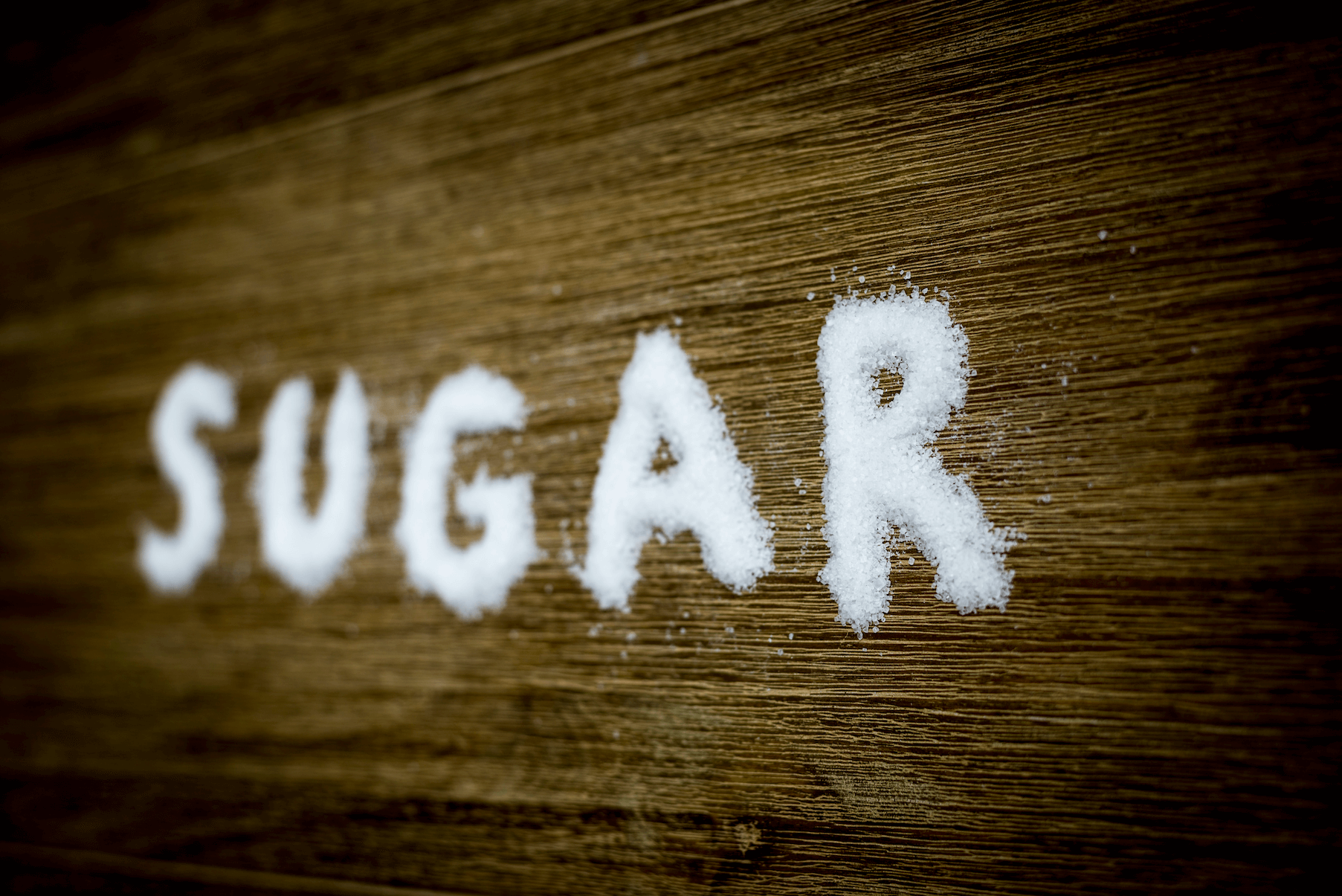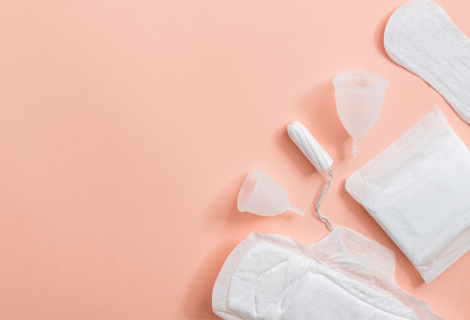Sugar – Is It As Bad As Everyone Says?
Everyone “knows” that sugar is bad for you — but are there “good” vs “bad” sugars?
Types of Sugar
First things first, there is a big difference between added sugars in boxed/bagged/packaged foods such as candy, pop, cookies, etc vs natural sugars in whole foods such as fruits, vegetables and whole grains.
Good Sugars
The natural sugars from whole foods are considered “good” sugars because although they do contain natural sugars, they are also packed with fibre, carbohydrates, protein and many nutrients such as vitamins and minerals. You can’t have one without the other when it comes from a whole foods source, so the nutritional value of a whole food outweighs the sugar content.
Bad Sugars
In contrast, the added sugars in boxed/bagged/packaged foods are considered “bad” sugars because they almost never contain fibre, protein or any other nutrients.
Mango vs Can of Pop

In the above comparison chart, we compare the sugar content and nutritional content between a mango and one can of coke, one grande caffe vanilla frappuccino from Starbucks, one lemon poppyseed muffin from Tim Hortons, one medium strawberry banana smoothie from McDonalds and one chocolate chip cookie from Starbucks. You can see that although the mango contains 46 g (equivalent to 111⁄2 tsp) of sugar, it also contains lots of other nutrients at the same time. In contrast, the frappuccino, lemon poppyseed muffin, strawberry banana smoothie and chocolate chip cookie contains lots of sugar — between 39 g to 69 g (equivalent to 93⁄4 tsp to 171⁄4 tsp!) — but minimal additional nutritional value.
What does sugar do to you?
But WHY is sugar bad for you?
High sugar consumption is associated with many health conditions, such as:
Weight Gain
Consuming excess amount of sugar a day can lead to you putting on weight, which can then lead to diabetes and some cancers
Cavities
Sugar feeds the bacteria that live in your mouth and leaves an acid behind that wears away at your enamel. Always rinse your mouth with water after you eat sweet treats!
Heart Disease
Consuming excess amount of sugar on a daily basis can increase your chances of heart disease such as heart attack, stroke and other heart diseases. It increases your risk for high blood pressure and high cholesterol levels. In fact, it increases “bad” cholesterol (LDL), decreases “good” cholesterol (HDL) and increases triglyceride levels.
Diabetes
Consuming too much sugar sets you up for insulin resistance, which can eventually lead to type 2 diabetes (or insulin resistance diabetes)
Liver Disease such as non-alcoholic fatty liver disease (NAFLD)
Your liver converts simple sugars into fat, which can build up in the liver and eventually lead to damaging effects on your liver
What can you do to minimize sugar?
So the big question is, what can you do to keep your sugar intake as low as possible?
- Always read your labels whenever you purchase anything that is bagged/boxed to look at the sugar content of the product.
- Try your best to limit your consumption simple or refined sugars
- Stay away from pop and juice. If you LOVE juice and can’t fathom swapping it out for water, start with a mixture of 75% juice : 25% water for a week, then 50% juice : 50% water, then 25% juice: 75% water and eventually, even 10% juice : 90% water will be sweet enough to just give you a hint of sweet and you won’t be able to go back!
- Stick to whole foods and use fruits as a replacement initially to help you switch over
- Whenever you eat something sugary, make sure to combine it with something that contains a lot of fibre and some protein to help balance it out. Even better if you can pair it with a whole food, which usually does the trick.
If you’d like to have a diet analysis or work together to improve your overall health, CONTACT ME HERE to set up a complimentary 15 min discovery call/meeting and we can get started.
What’s a discovery call/meeting? It’s where we get to know each other better to ensure that I’m the right practitioner for you and that you have the opportunity to ask your questions about Naturopathic Medicine before we move forward with an initial Naturopathic consultation.
Here are a few more posts on healthy habits that you might also be interested in:
- Diet & Meal Plans
- Berries and Cognitive Function
- What’s In Your Tea?
- Sugar Goes By Other Aliases …
- The Benefits of Having Pets Growing Up
- The Benefits of Living a Healthy Lifestyle on Longevity
- High Intensity Circuit Training (HICT)
#drmoirakwokND #cleaneating #healthyeating #nutrition #yummy #hiddensugars #diabetes #sugarfree #sugarrush #sugarhigh #unhealthy #unhealthyfood #eathealthy #youarewhatyoueat #healthybalance #bodyisatemple









